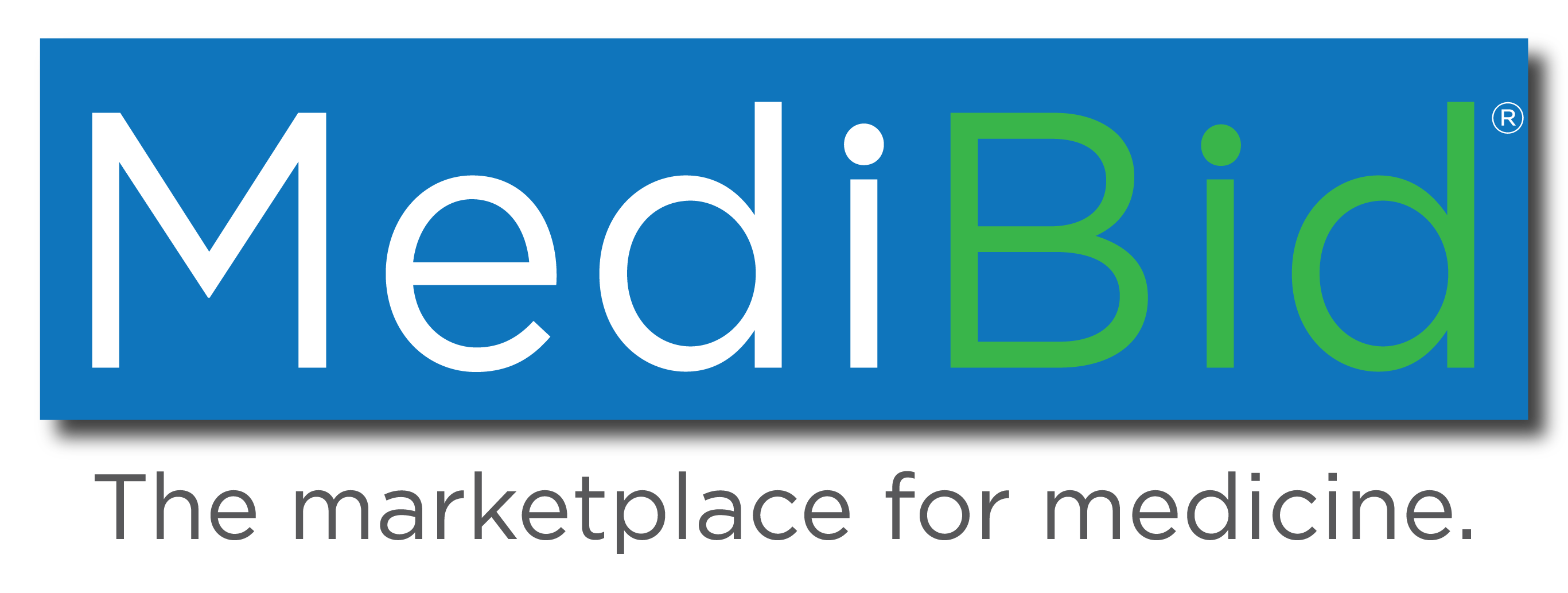
Making the market work for surgery centers & patients
In this era of rising healthcare costs, patients are turning to ambulatory surgical centers (ASCs) to avoid an expensive hospital stay, or the higher costs of outpatient departments of hospitals. In 1990, about half of all surgeries were performed in an ASC. In 2014, that number climbed to 66 percent of all surgeries. Patients cite reduced costs and greater convenience as reasons for choosing an ASC.
ASCs have many of the same issues with price transparency that inpatient facilities do. This frequently leads to expensive claims and confusion with the billing process. It’s a common pattern in U.S. healthcare, but the solution is clear: Provide patients and employers with clear pricing, and allow ASCs to compete on the market.
MediBid provides exactly this, with a platform that thousands of patients and providers (including ASCs) are using to directly contract with each other.
How MediBid helps surgery centers
ASCs, like most other providers, aren’t able to operate like a business. They are hamstrung by administrative costs and low reimbursement rates, and ASCS also find it difficult to market their services. It makes for a difficult situation, one where the surgery center is forced to charge more to compensate.
MediBid seeks to correct this, by restoring the healthcare marketplace to one that embraces the competitive market. ASCs on MediBid compete for patients, giving them an opportunity to steer additional patients to their facility and increase profits. Here’s how MediBid does this:
- Bringing transparency to healthcare – Poor pricing transparency is not just an issue for patients, because it can harm an ASC’s ability to win new patients. How so? If patients and employers don’t know what their expected contribution is to the claim, they won’t be able to make the smart consumer choice. This has a disproportionate effect on ASCs that strive for efficiency and fair transparent pricing, as their efforts won’t have the impact they otherwise would have if patients knew what they were paying for upfront.MediBid fixes this problem with its healthcare auction platform. Patients submit a request for a procedure, and providers bid on those requests. Every bid must include a single price for the physicians, the facility and the anesthesia, so patients know exactly what they will pay beforehand. With this knowledge, patients are much more likely to choose a provider they know their plan can pay for, which makes for easier, more effective billing on the provider’s part. That keeps costs down.
- Reducing overhead for ambulatory service centers – Billing is a massive source of overhead for providers. According to a study published in Health Affairs, for every 10 practicing physicians, it takes seven full time workers for billing and insurance tasks. Further, clinicians themselves are often forced to deal with billing issues, with the typical physician spending about 35 minutes a day on administrative concerns. That’s a lot of wasted time and manpower that could be eliminated without administrative burdens.MediBid removes this burden by allowing providers to contract directly with employers and patients. Both the patient and ASC are on the same page regarding procedure, price and payment, and the middleman – the payer – is removed. There’s no need to dedicate extensive manpower to coding and billing, which will help the surgery center contain costs.
- Giving ASCs marketing power – ASCs, like most providers, have trouble marketing themselves, especially beyond their locality. Much of this is because ASCs can’t compete on price. Why would a patient bother considering a facility that’s far away if they can’t get a clear price from the facility? Without that critical piece of information, patients can’t compare surgery centers.MediBid’s auction market is open to patients and providers from around the world, so participating ASCs have a global patient population to attract. They can also choose to compete on price or quality, as MediBid is also transparent with the provider’s experience, outcome history, education and certifications, as well as any reviews left by former patients. If ASCs want to steer patients to their facility during slow times, they can drop their price when capacity is low. Conversely, ASCs can compete on quality and charge more for their services. Control is back in the provider’s hands.
How MediBid helps surgery center patients
Patients want a quality facility and they want a fair deal from their provider of choice. However, the nature of U.S. healthcare pricing makes this nearly impossible. Patients must contact every ASC under consideration, inquire about their prices, talk to several people and get a price that may be provisionary. In many cases, the facility itself can’t nail down a price without expending great effort, which illustrates what patients are up against.
MediBid makes transparency its mission, because a competitive market can’t operate without it. Medical patients are the primary beneficiary of this transparency, as patients can operate like proper healthcare consumers. They can make the right cost and quality decision without struggling with facility after facility. Patients only have to submit a request, review the bids and make a decision.
Patients choose ASCs instead of inpatient facilities because they cost less, and they are convenient. MediBid’s competitive market amplifies these advantages while also giving patients crucial information on quality.
Both the provider and patient win. That’s the way healthcare is supposed to be.




